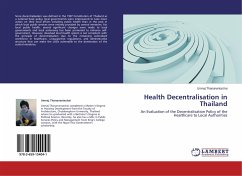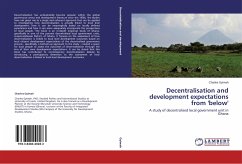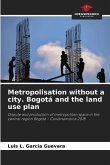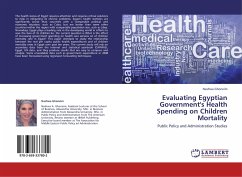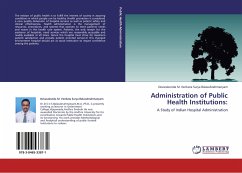Since decentralisation was defined in the 1997 Constitution of Thailand as a national basic policy, local governments were empowered to take more action on their local affairs including public health than in the past in which local public services were entirely provided by central ministries. For local public health, several significant changes were made to local governments and local autonomy has been promoted to enhance self-government. However, devolved local health system is not consistent with the principle of decentralisation due to the remaining centralised workforce in healthcare, unsupportive regulations, and administrative structure that can make the LAOs vulnerable to the domination of the central ministries.
Bitte wählen Sie Ihr Anliegen aus.
Rechnungen
Retourenschein anfordern
Bestellstatus
Storno

